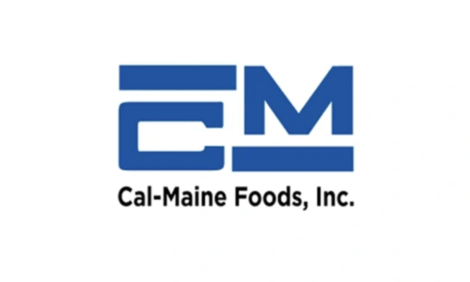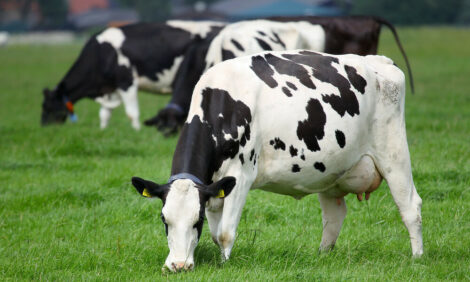



USAPEEC Supports the US-Korea FTA
US - The US-Korea Free Trade Agreement (KORUS FTA) would greatly improve market access for US poultry and egg exports to South Korea, according to the USA Poultry & Egg Export Council (USAPEEC).In 2009, US poultry product exports totalled $46 million. With KORUS FTA approval, US exports could triple to more than $150 million annually, generating $750 million in exports over the first 10 years of the agreement.
Situation
USAPEEC strongly supports passage of the US-Korea Free Trade Agreement (KORUS FTA). The KORUS FTA, which was concluded on 1 April 2007, and is currently pending in Congress, would maintain and expand exports of US poultry and egg products while strengthening US economic relations with an important trading partner in Asia.
The US poultry and egg industry is one of the most efficient in the world, and produces more high-quality products than the US market can consume. With exports comprising up to 20 per cent of US annual poultry production, the expansion of export markets is vital to the long-term health of the industry. At the same time, exports have come under intense pressure because of market access disruptions in major markets such as Russia and China. This has made growth in other major markets such as South Korea even more important to our industry.
Although South Korea is a wealthy country, its per-capita consumption of broiler meat increased by four per cent annually from 1999 to 2009. Per-capita broiler consumption is expected to grow from 15kg to 17.8kg by 2015 and to 20.2kg by 2020. This translates into total broiler meat consumption of 875,000 metric tons by 2015 and more than 995,000 metric tons by 2020.
South Korea is an important market for US poultry exports. In 2009, the value of exported poultry and related products to South Korea totalled $46 million, down 12.3 per cent from $52.4 million in 2000. Currently, South Korea is the twelfth largest export market for US broiler products by volume and the tenth largest export market by value. For US turkey exports, South Korea is the tenth largest export market by quantity and the eleventh largest by value. To maintain and expand these US poultry exports, the United States needs to act quickly to demonstrate our commitment to reducing trade barriers and promoting open and fair trade.
Passage and implementation of the KORUS FTA would likely create an additional $750 million in trade over the first 10 years of the agreement by reducing tariffs and technical barriers to trade. Under the KORUS, Korea would phase-out all tariffs on poultry and egg products of 18 and 27 per cent over 10 to 12 years. Korea would also recognise the equivalency of the US food safety inspection system for poultry and would agree to regulatory harmonization through the use of international standards, such as those from the World Organization for Animal Health (OIE). These steps on technical issues would sharply reduce the potential for future trade disruptions.
If approved, the KORUS would likely result in expanded US poultry and egg exports both because of higher Korean poultry imports and market share gains from competitors such as Brazil. Currently, South Korea imports 57 per cent of its broiler meat from the United States. As tariffs decline over the KORUS implementation period, import costs will decline and competitors will be displaced. As a result, Korean broiler imports from the United States are expected to increase by $52 million (40,000 metric tons) in the first year, by $60 million (50,000 metric tons) by 2015, and by $120 million (100,000 metric tons) by 2020 from current levels. By the time the agreement is fully implemented, US poultry exports are expected to triple to more than $150 million annually.
Failure to approve the KORUS FTA will result in a considerable loss of US market share to competitors, especially those who have signed FTAs with South Korea. South Korea currently has agreements with ASEAN, the European Union, India, Peru and Singapore and is considering FTAs with China, Mexico, Japan, Australia and Canada. For example, the EU agreement will eventually end all agricultural tariffs and introduce the EU's '"precautionary principle' into Korean agricultural policy. While EU products enter duty free, US poultry will face 18 to 27 per cent duties without the KORUS. Future agreements with China and other partners could also cut into US market share without KORUS.
Conclusion
The KORUS provides a historical opportunity to increase and promote trade and gain more access for US workers, farmers and businesses to a major Asian market. As an export oriented organization, USAPEEC has always fought to guarantee the US poultry and egg products fair opportunity in the global market. With KORUS approval, USAPEEC expects US poultry exports to South Korea to sharply increase in the years ahead. Without it, our exporters could lose this important and growing market to our competitors.
Further Reading
| - | Go to our previous news item on this story by clicking here. |











